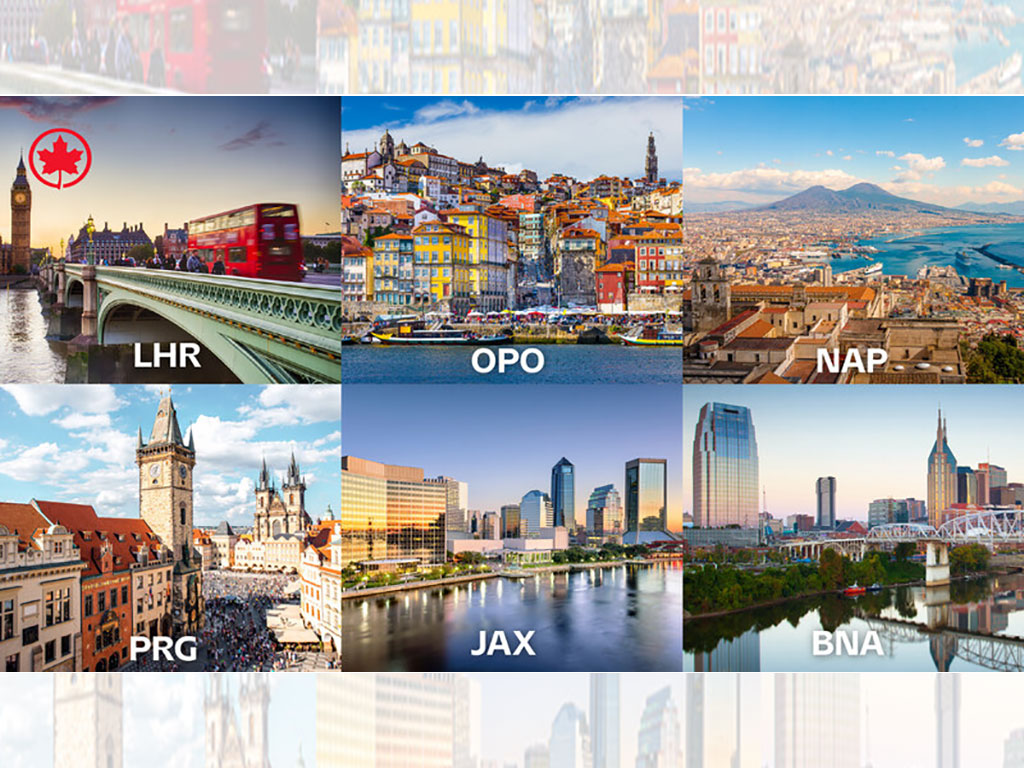Is It Safe To Travel?

This week, TraveLaw Online’s Doug Crozier and Tim Law of Heifetz, Crozier, Law respond to a question from a reader about how to advise clients when they ask if it is safe to travel.
Q: Increasingly, our leisure customers are asking whether we think it’s now safe to travel. What should we tell them?
A: It’s not your place to tell anyone whether or not it’s safe to travel. You may be a TRAVEL expert, but that doesn’t make you a MEDICAL expert. You won’t know their underlying medical condition, or any of the other variables (other than perhaps their age) that ought to be taken into account when that person has to make a personal decision as to when his/her travelling will resume. That risk assessment is his/hers to make, not yours. Nicely, but firmly, refuse to give a Yes/No answer to that question.
However, this doesn’t preclude you from being helpful. Your customer with the itchy foot can be referred to sources that are more qualified to respond than you are, through which to self-educate.
In addition to the principal sites such as https://www.canada.ca/en/public-health/services/diseases/2019-novel-coronavirus-infection/latest-travel-health-advice.html and https://caen-keepexploring.canada.travel/covid-19-traveller-guidance, there are industry-related sites that could be referenced.
The Hotel Association of Canada has adopted the COVID-related guidelines issued by its US counterpart (AHLA); see https://www.ahla.com/sites/default/files/SafeStay_Guide.pdf. If your customer is looking at a hotel stay, he or she can contact the hotels in question, and cross-examine them on how closely they conform to the guidelines.
The National Airlines Council of Canada (NACC) hasn’t issued a similar document, regarding the criteria its member carriers ought to follow in dealing with COVID-19, or how a flyer can decide how well a particular carrier is dealing with the virus.
But IATA has; see https://www.iata.org/contentassets/f1163430bba94512a583eb6d6b24aa56/covid-medical-evidence-for-strategies-200525.pdf and the various links found there.
IATA’s website also links to the World Health Organization’s resource on air travel, at https://apps.who.int/iris/bitstream/handle/10665/331488/WHO-2019-nCoV-Aviation-2020.1-eng.pdf.
The WHO’s document on COVID-19 and the accommodation sector is at https://apps.who.int/iris/bitstream/handle/10665/331937/WHO-2019-nCoV-Hotels-2020.2-eng.pdf.
TIAC has daily updates with links to potentially relevant resources, at https://tiac-aitc.ca/. And at https://www.istm.org/, the International Society of Travel Medicine offers links to more information for your customer to consider.
The recently-formed Canadian Tourism Roundtable may in the days ahead come up with practical guidelines that can be used by customers as they make a decision that you, as their travel advisor, should not.
Part of being a professional is knowing the limits of your expertise, and not trying to exceed those boundaries.
TraveLaw Online appears in Press Today every Wednesday and if you have a question, you can contact Crozier or Law at info@hclaw.com or connect with Bob Mowat at Canadian Travel Press/Baxter Media at bobmowat@baxter.net.
Heifetz, Crozier, Law is a Toronto law firm that has for years represented all aspects of the Canadian travel industry. The lawyers at HCL also maintain a non-travel practice, covering litigation, real estate, Wills, corporate/commercial matters, etc. To contact HCL, e-mail info@hclaw.com.


